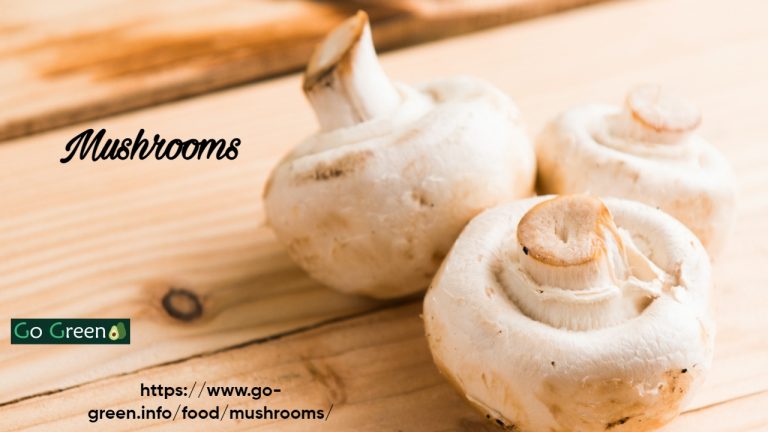The Truth About Soy

Soy is a versatile legume that has been a part of traditional Asian diets for centuries. However, there are some misconceptions and controversies surrounding soy. Here are some key points to understand the truth about soy:
Nutritional composition: Soybeans are a rich source of protein, fiber, healthy fats, vitamins (such as folate and vitamin K), and minerals (such as iron, calcium, and magnesium). They also contain phytochemicals, such as isoflavones, which are known for their potential health benefits.
Complete protein source: Soy protein is considered a high-quality, complete protein as it contains all the essential amino acids required by the body. This makes soy a valuable protein source for vegans and vegetarians.
Health benefits: Soy consumption has been associated with various health benefits. Research suggests that soy can contribute to heart health by reducing LDL cholesterol levels. It may also have a positive impact on bone health, menopausal symptoms, and certain hormone-related cancers. However, individual responses may vary.
Phytoestrogens and hormone balance: Soy contains compounds called phytoestrogens, specifically isoflavones, which are plant-based compounds that can interact with estrogen receptors in the body. There has been concern about the potential estrogenic effects of soy, but scientific evidence indicates that moderate soy consumption does not exert adverse effects on hormone balance in most individuals. It may have protective effects against certain hormone-related cancers.
GMO and organic options: The majority of soybeans produced globally are genetically modified. However, there are also non-GMO and organic options available for those who prefer to avoid genetically modified foods. Reading labels or choosing organic and non-GMO-certified products can help address concerns related to genetically modified soy.
Individual considerations: Like any food, individual tolerance and sensitivity can vary. Some individuals may have specific allergies or sensitivities to soy, and in those cases, avoiding soy products is necessary.
Variety and moderation: As with any food, variety and moderation are key. Consuming a diverse range of whole, minimally processed soy products, such as tofu, tempeh, edamame, and fermented soy foods, is recommended. It is also important to balance soy intake with other plant-based foods to ensure a well-rounded diet.
It’s important to note that if you have specific health concerns or questions about soy consumption, consulting with a healthcare provider or registered dietitian can provide personalized advice based on your circumstances.



